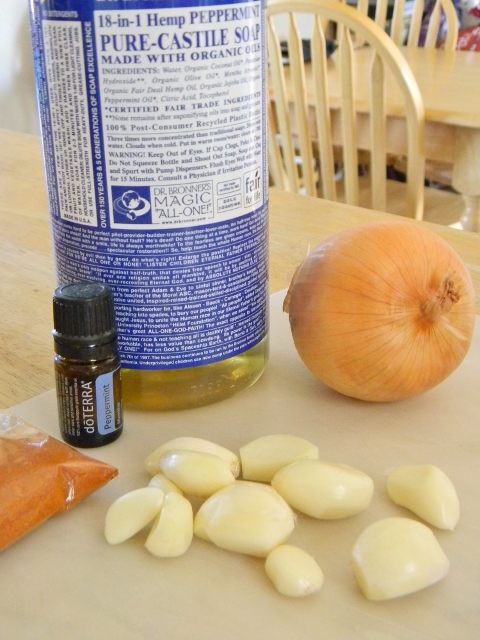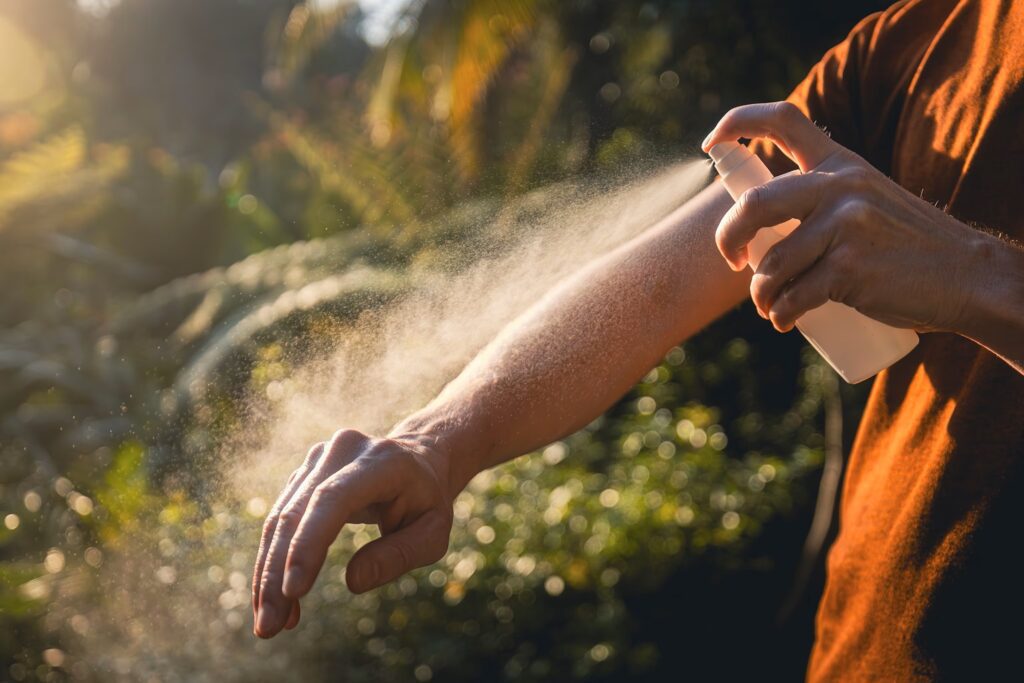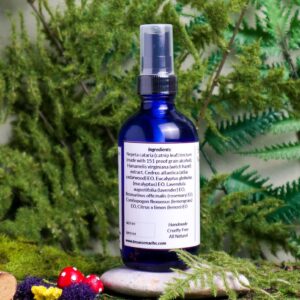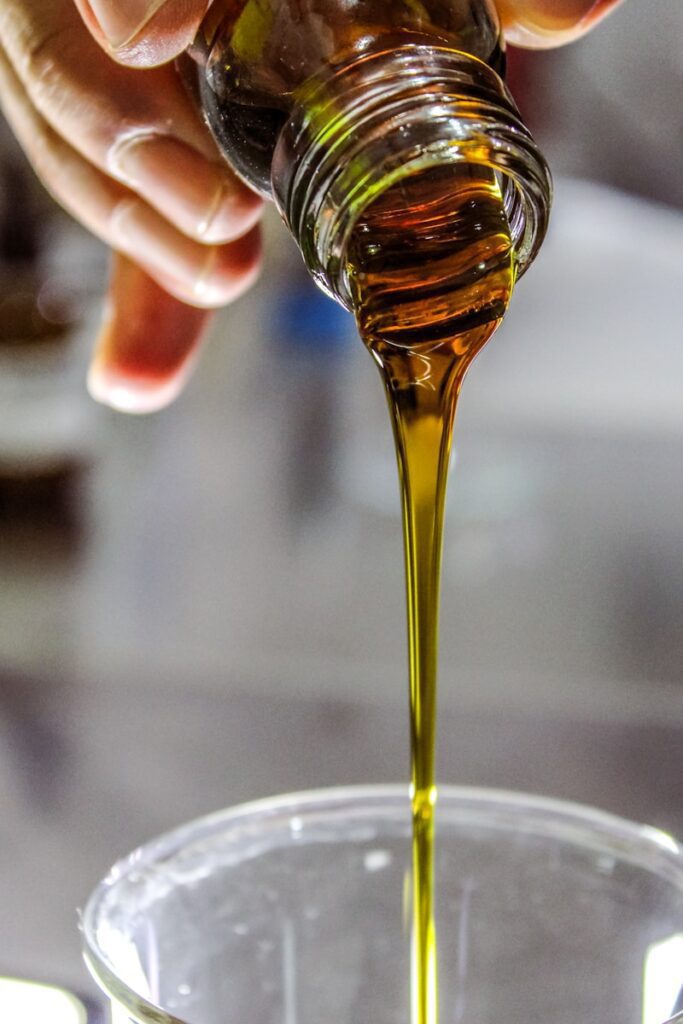Homemade mosquito repellents offer a natural, cost-effective, and chemical-free alternative to protect yourself and your family from pesky mosquito bites. Whether you’re relaxing on your porch or camping in the wild, these DIY solutions provide effective relief without harsh additives.
Unlike synthetic repellents, these natural blends are easy to prepare, gentle on the skin, and environmentally safe. Let’s explore the most powerful recipes and strategies that actually work—backed by nature and science.
1. Why Choose Homemade Mosquito Repellents?
Homemade mosquito repellents have become increasingly popular among people looking to avoid exposure to DEET and other synthetic ingredients. The benefits go far beyond just being “natural.”
Benefits of Natural Repellents
Non-toxic and safe: Ideal for kids, pets, and sensitive skin.
Affordable: Made with common household ingredients or essential oils.
Eco-friendly: No harm to the environment or wildlife.
Do Natural Repellents Really Work?
Yes! Many essential oils like citronella, lavender, and neem have scientifically proven insect-repelling properties. When used correctly, they can significantly reduce bites—especially when reapplied regularly.
2. Onion, Garlic, and Cayenne Pepper Spray
One of the most potent homemade mosquito repellents starts in your kitchen. This bold blend is strong, but surprisingly effective at deterring mosquitoes outdoors.

Ingredients:
- 1 small onion
- 1 garlic head
- 4 cups water
- 4 tablespoons cayenne pepper
- 1 tablespoon liquid dish soap
Chop one small onion and one head of garlic. Mix with 4 cups of water and 4 tablespoons of cayenne pepper. Add 1 tablespoon of liquid dish soap to help the solution stick to surfaces. Let it steep for a few hours, strain it, then spray around entryways, windows, or garden areas.
This spicy, pungent mixture acts as a barrier and keeps mosquitoes from lingering in your space.
3. Lemon Eucalyptus Oil Spray
Lemon eucalyptus oil is a superstar in the world of homemade mosquito repellents. In fact, the CDC recognizes it as an effective alternative to DEET.
Ingredients:
- 1 cup water
- 10 drops lemon eucalyptus essential oil
Mix 1 cup of water with 10 drops of lemon eucalyptus essential oil in a spray bottle. Shake well and apply directly to skin and clothing.
Why It Works:
Lemon eucalyptus contains PMD (para-menthane-3,8-diol), a natural compound known to repel mosquitoes for hours.
4. Lavender and Witch Hazel Repellent
Looking for something that smells amazing and fights off mosquitoes? Lavender is your go-to option.
Ingredients:
- 1/2 cup witch hazel
- 1/2 cup water
- 20 drops lavender essential oil
Mix ½ cup witch hazel, ½ cup water, and 20 drops of lavender essential oil. Pour into a spray bottle and apply generously to exposed areas.
Not only does it deter bugs, but lavender also soothes irritated skin and promotes relaxation—perfect for summer evenings outdoors.
5. Citronella Candle for Outdoor Spaces
Homemade mosquito repellents aren’t limited to sprays. Citronella candles are a simple, ambient way to keep bugs at bay.
Ingredients:
- Citronella essential oil
- Unscented candle
Melt an unscented candle slightly, add 5–10 drops of citronella essential oil, and relight it once hardened. Place it on patios or near doorways.
Bonus Tip:
Use soy wax or beeswax candles for a cleaner, longer-lasting burn.
6. Neem Oil and Water Solution
Neem oil, a traditional remedy used in India, contains active compounds that interfere with mosquito reproduction and feeding behavior.
Ingredients:
- 2 tablespoons neem oil
- 1 cup water
Mix 2 tablespoons of neem oil with 1 cup of water. Apply the solution to your arms, legs, and clothes. Reapply every 2 hours for best results.
Neem oil’s bitter aroma may not be your favorite, but mosquitoes hate it.
7. Tips for Safe and Effective Use of Natural Repellents
While homemade mosquito repellents are generally safe, using them correctly ensures they work—and don't cause irritation.
Best Practices:
Always dilute essential oils before applying them to skin.
Perform a patch test to check for allergic reactions.
Avoid applying near eyes, open wounds, or sensitive skin.
Store your sprays in dark glass bottles away from heat or sunlight.
Remember, reapplication every 90–120 minutes is key for long-lasting protection.
8. Homemade Mosquito Repellents vs. Chemical Sprays
While store-bought repellents often contain DEET or picaridin, they can cause skin irritation, especially in children and sensitive individuals.
| Feature | Homemade Repellents | Chemical Repellents |
|---|---|---|
| Ingredients | Natural (essential oils) | Synthetic (DEET, etc.) |
| Skin Sensitivity | Generally gentle | May cause irritation |
| Duration | Needs reapplication | Longer-lasting |
| Cost | Low (DIY) | Higher (retail products) |
Choose what aligns best with your lifestyle and values.
9. Can Homemade Mosquito Repellents Be Used on Pets?
Use with caution. Essential oils like tea tree, eucalyptus, and cinnamon can be toxic to pets if ingested or absorbed in large amounts.
Always consult a veterinarian before applying any repellent on animals. Consider pet-safe formulas with diluted lemon balm or rosemary if needed.
10. Long-Term Prevention: Beyond Repellents
Homemade mosquito repellents are effective short-term, but for lasting protection, you’ll want to control mosquito breeding grounds.
Prevention Tips:
Eliminate standing water in pots, gutters, and containers.
Use mosquito netting for beds and windows.
Plant natural deterrents like basil, lemongrass, and marigolds.
Combining natural repellents with good habitat control provides a full-circle defense.
Frequently Asked Questions
Can I use homemade mosquito repellents on children?
Yes, but always dilute essential oils well and avoid citrus oils on babies under 2 years.
How often should I reapply natural repellents?
Most natural formulas need reapplication every 1.5 to 2 hours.
Are essential oils safe for sensitive skin?
Generally, yes. But always do a patch test and dilute oils in a carrier like coconut oil or witch hazel.
Do these repellents work against ticks too?
Some like neem and eucalyptus offer dual protection, but not all are tick-repellent.
Can I combine different oils in one recipe?
Yes! Combining oils like citronella and lavender can enhance both scent and effectiveness.

Conclusion
Homemade mosquito repellents are an effective, eco-friendly alternative to chemical sprays. With the right ingredients and application methods, you can protect yourself naturally while enjoying the outdoors. Start with one of the simple recipes above and see what works best for your skin and environment.
✨ Ready to try it? Pick a recipe today and stay bite-free the natural way!
Lamartine is an experienced researcher who produces evidence-based content focusing on health, wellness, supplements, lifestyle, and utilities. On the website holistichealthpathways.com, he offers objective, research-backed information to help readers make informed choices.



:max_bytes(150000):strip_icc()/ole-extract-gettyimages-950794390-2000-2e0e33dd216f45eb91bf7fc1d8643f98.jpg)



